If BlackBerry looks at its past, it can succeed with its 5G phone
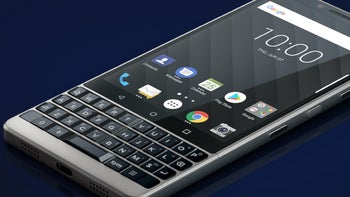
Earlier today we told you that the BlackBerry smartphone has been resurrected by a partnership between OnwardMobility and FIH Mobile. While not much is known about the new phone, the announcement mentions that the device will support 5G connectivity. We also assume that there will be a physical QWERTY keyboard which, after all, was the brand's claim to fame.
BlackBerry can't be everything to every smartphone user
So how can BlackBerry turn things around? First of all, with the physical QWERTY keyboard, it will always be considered a niche device. But instead of producing mid-range phones perhaps the new Berry's should carry flagship specs. Why? Because the businessmen who might prefer a physical QWERTY would probably be more apt to spend more for a top-of-the-line device. There are other manufacturers that have the mid-range market sewed up.
The new BlackBerry should be powered by the 5nm Snapdragon 875 Mobile Platform. BlackBerry has been generous with its battery capacity so a 4500mAh-5000mAh battery would be doable. With businesses turning to video conferencing, something that might be with us for some time, a large screen with a QHD resolution is warranted. And the new device should feature a BlackBerry Pen. Some of the capabilities of the Samsung Galaxy Note series, such as turning handwritten notes into text, should also be included. The new BlackBerry should be a phone that makes businessmen drool and turn green with envy-just as the original two-way pagers did.
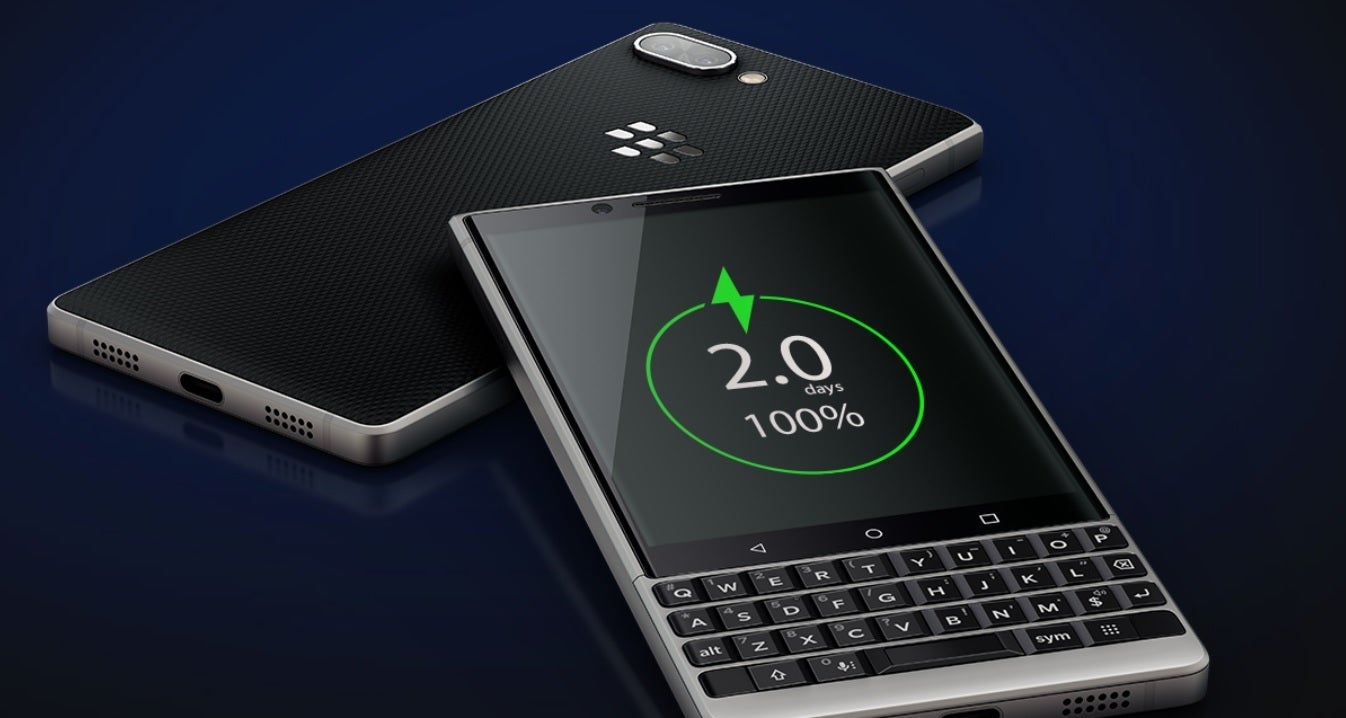
BlackBerry has been generous with its battery capacities although including more power can never hurt
The bottom line is that for BlackBerry to succeed, it needs to pick a small slice of the market and go all out. The business segment makes the most sense and there is no excuse for the next 'Berry not to be a stud. It should include IP68 water resistance, fast charging, and be pre-installed with Android 11. Every time the BlackBerry name is rolled out and then shut down, it brings the brand one step closer to final extinction.
This will be the third run for BlackBerry. Originally launched by Research In Motion, the company's two-way pagers were owned by every businessman earning his pinstripes around the turn of the century (we're talking about 2000, not 1900). In 2002, the company released the BlackBerry 5810 which had phone capabilities when hooked up to a headset. Eventually, that requirement was dropped and full phone integration was included with later models. Over the years the company added a trackball and a camera, GPS functionality, and more. Going into 2007, Canalys had RIM (BlackBerry) second in the smartphone market with an 8% market share; Nokia was on top with a massive 50% slice of the smartphone pie.
Things changed on January 9th, 2007 when Steve Jobs held the shiny new touchscreen Apple iPhone aloft at MacWorld to a thunderous ovation. BlackBerry co-CEOs Jim Balsllie and Mike Lazaridis were raking in so much cash that they took their eyes off of the ball thinking that the gravy train would last forever. Even though Lazaridis later claimed to have been amazed at what Apple put under the hood of the iPhone ("they put a Mac inside it," he reportedly said), Balsillie's concern was about the lack of a physical keyboard. "As nice as the Apple iPhone is, it poses a real challenge to its users. Try typing a web key on a touchscreen on an Apple iPhone, that's a real challenge. You cannot see what you type," he said.

The first touchscreen BlackBerry, the Storm 9530
BlackBerry started to flounder as the physical keyboard and trackball UI were seen as technology from a bygone era. And the firm's first attempt at a touchscreen phone, the BlackBerry Storm, was launched half-baked. The BlackBerry OS was also dated and its app store looked like a supermarket two days before a hurricane. It wasn't until BlackBerry released the Priv in 2015 that the company dropped its own software for Android.
But the Priv failed to do much and the BlackBerry name was licensed to TCL, BB Merah Putih, and Optiemus Infracom. TCL released the BlackBerry KEYOne and KEY2 which weren't bad phones but still could not compete with the big boys. TCL's license expires on August 31st and it is time for BlackBerry's new licensees to understand what the brand stands for and how best to exploit its past for a better future.





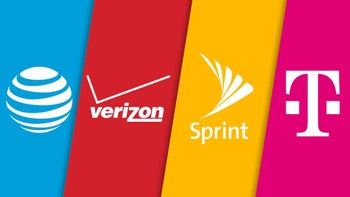
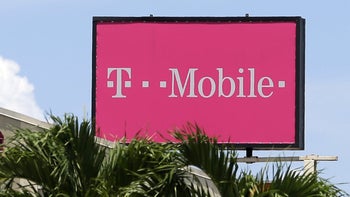
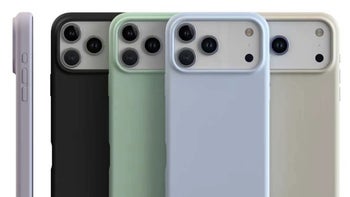
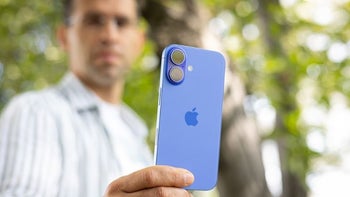
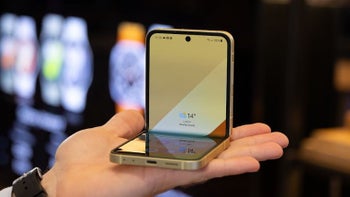
Things that are NOT allowed: